Euonymus – “Varieties” 4.5 Ltr
£12.00
Out of stock
Euonymus Varieties – Plant Descriptions:
Euonymus fortunei (Wintercreeper):
Type: Evergreen ground cover or climbing vine.
Foliage: Small, glossy, oval leaves with various colors, including green, gold, or variegated.
Growth Habit: Low, spreading, and adaptable to different soil conditions.
Uses: Ground cover, erosion control, or as a climbing vine on walls or fences.
Euonymus alatus (Burning Bush):
Type: Deciduous shrub.
Foliage: Dark green in spring and summer, turning brilliant red in the fall.
Flowers: Inconspicuous greenish flowers; prized for its fall foliage.
Growth Habit: Upright and rounded.
Uses: Ornamental shrub in gardens and landscapes, provides striking fall color.
Euonymus japonicus (Japanese Euonymus):
Type: Evergreen shrub.
Foliage: Glossy, leathery leaves, typically dark green.
Flowers: Insignificant, with small greenish blooms.
Growth Habit: Upright and dense.
Uses: Hedge, foundation planting, or as a specimen shrub.
Euonymus fortunei ‘Emerald ‘n’ Gold’:
Type: Evergreen ground cover or shrub.
Foliage: Variegated green and gold leaves.
Growth Habit: Low and spreading.
Uses: Ground cover, border planting, or container gardening.
Euonymus alatus ‘Compactus’ (Dwarf Burning Bush):
Type: Deciduous shrub.
Foliage: Dark green turning brilliant red in autumn.
Size: Compact, reaching a moderate height.
Uses: Compact ornamental shrub, suitable for smaller spaces.
Euonymus japonicus ‘Microphyllus’ (Dwarf Japanese Euonymus):
Type: Evergreen shrub.
Foliage: Small, dark green leaves.
Growth Habit: Compact and low-growing.
Uses: Ground cover, edging, or container planting.
Euonymus alatus ‘Rudy Haag’ (Rudy Haag Burning Bush):
Type: Deciduous shrub.
Foliage: Dark green turning red in the fall.
Size: Compact and slow-growing.
Uses: Compact shrub suitable for smaller landscapes or as a foundation planting.
These descriptions provide an overview of some common Euonymus varieties. Specific cultivars may have unique features, so it’s advisable to check with local nurseries or gardening centers for more detailed information based on the availability in your region. Additionally, consider your local climate and soil conditions for the best success with Euonymus plants.
| Flower Colour |
TBC |
|---|---|
| Size |
4.5 Ltr |
| Root Type |
TBC |
| Foliage Colour |
TBC |
| Soil Type |
TBC |
Only logged in customers who have purchased this product may leave a review.


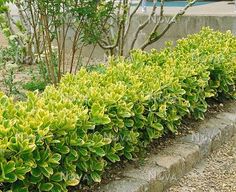
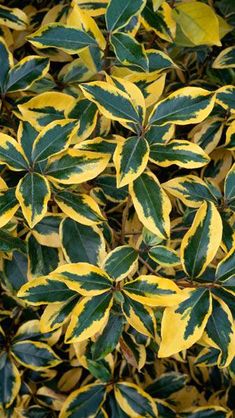

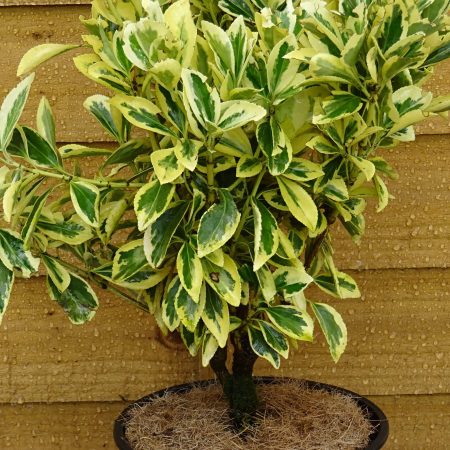
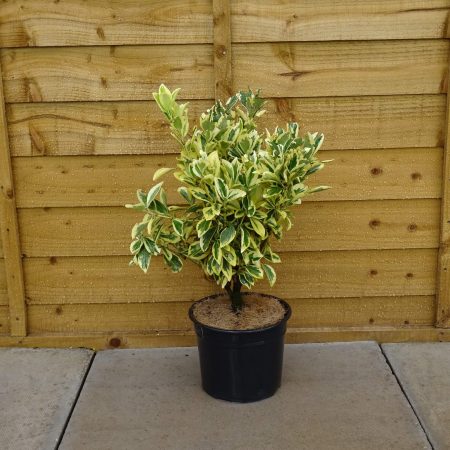

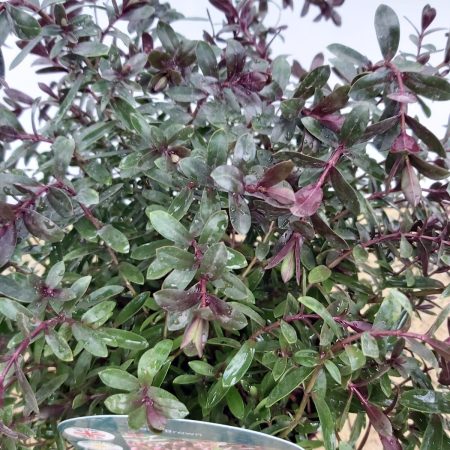
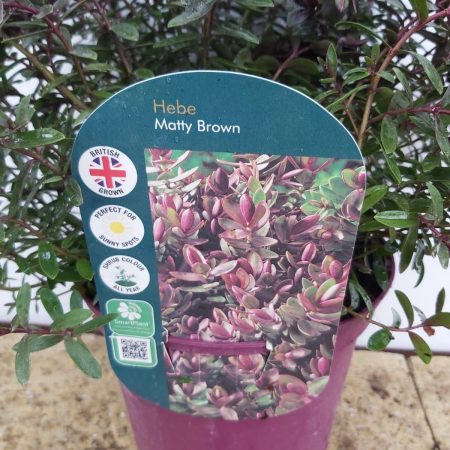


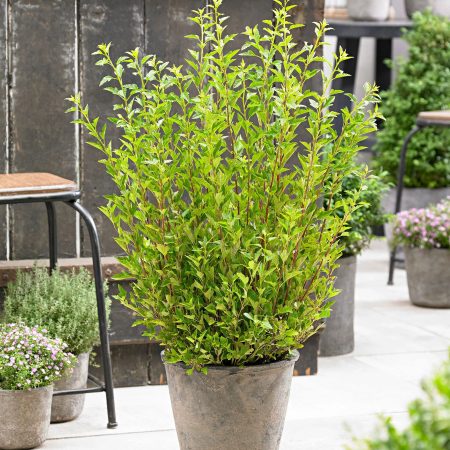
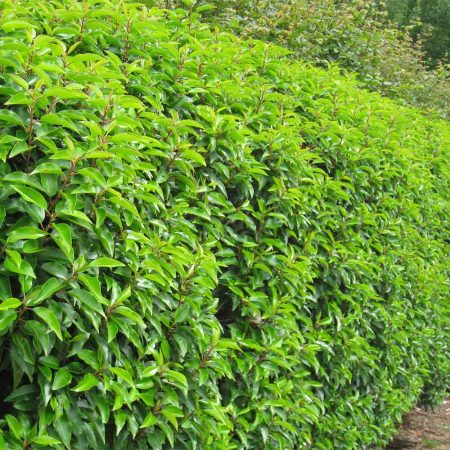
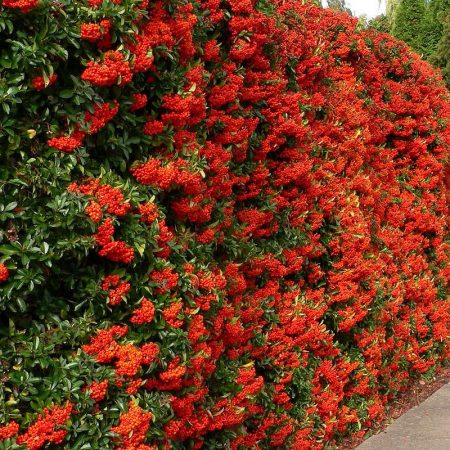
Reviews
There are no reviews yet.